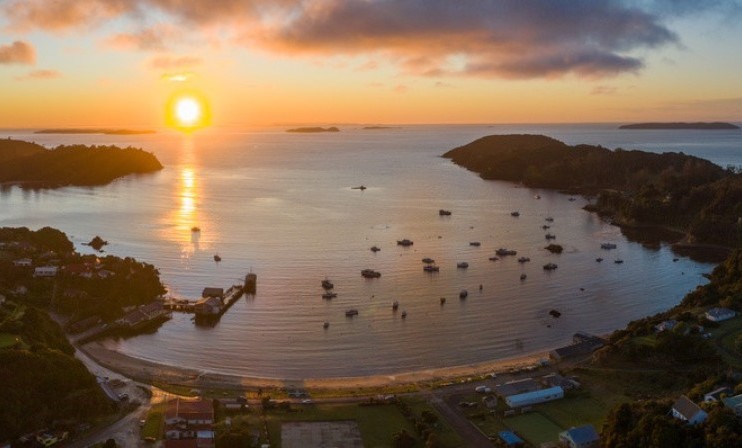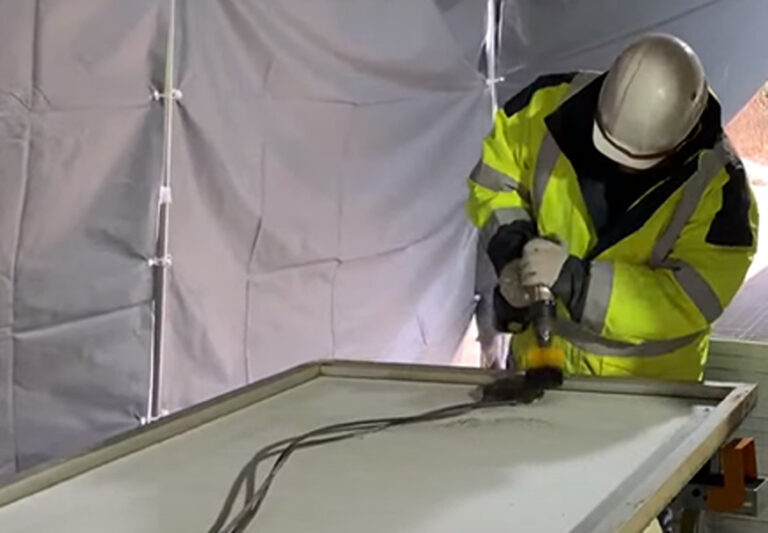The New Zealand (NZ) government has provided the Southland District Council with a suspensory loan of up to $14.17 million (NZD 15.35 million) to build the first stage of a solar and energy storage project and deliver network upgrades on Rakiura/Stewart Island.
Residents of the island, located 30 kilometres off the South Island’s southern coast, currently rely heavily on council-run diesel generators for their power supply.
The first stage of the project, that will include the installation of a 2 MW solar power plant and a 4 MWh battery energy storage system, is forecast to reduce Rakiura/Stewart Island’s reliance on diesel-generated electricity by up to 75%, cutting diesel consumption by 200,000 litres within two years of commencing operations. A proposed second stage involves implementing another source of renewable energy, possibly wind.
The Rakiura/Stewart Island project is one of three solar projects to receive funding under the NZ government’s Regional Infrastructure Fund.
Community-owned electricity distribution company Centralines has secured a loan of up to $7.4 million (NZD 8 million) to build a solar farm on a 35-hectare site near Ongaonga in the Hawke’s Bay region. The solar farm is set to generate 52 GWh of renewable energy annually, providing power to the equivalent of 9,000 electricity connections.
In the Bay of Plenty, Te Huata Charitable Trust has been awarded a loan of up to $4.39 million (NZD 4.75 million) to build an 804 kWp solar facility at Te Kaha. It will provide an electricity supply for about 320 homes and businesses in an area that is regularly affected by electricity outages.
NZ Energy Minister Simon Watts said the loans will allow construction of the three projects to commence this year, adding they will support the government’s objective of “doubling renewable energy generation by 2050 and enabling a more reliable and affordable electricity supply for regional New Zealand.”
“Solar power is playing an increasingly important role in increasing electricity generation in New Zealand,” he said. “It will help us reach our renewable energy targets and bolster the security and affordability of our energy supply.”
“I look forward to seeing these three projects make a real difference for these communities.”
This content is protected by copyright and may not be reused. If you want to cooperate with us and would like to reuse some of our content, please contact: editors@pv-magazine.com.









By submitting this form you agree to pv magazine using your data for the purposes of publishing your comment.
Your personal data will only be disclosed or otherwise transmitted to third parties for the purposes of spam filtering or if this is necessary for technical maintenance of the website. Any other transfer to third parties will not take place unless this is justified on the basis of applicable data protection regulations or if pv magazine is legally obliged to do so.
You may revoke this consent at any time with effect for the future, in which case your personal data will be deleted immediately. Otherwise, your data will be deleted if pv magazine has processed your request or the purpose of data storage is fulfilled.
Further information on data privacy can be found in our Data Protection Policy.